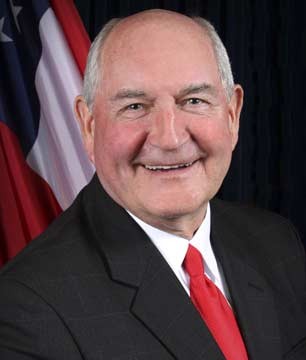WASHINGTON - The biggest U.S.-led dragnet in Afghanistan is winding down amid the familiar criticism that al-Qaida and Taliban escaped again.
Secretary of Defense Donald H. Rumsfeld says it is too early to tally the success of the 15-day-old assault on enemy hide-outs in mountainous eastern Afghanistan. Even if some survived the assault and eluded capture, they will be pursued so they cannot find safe haven elsewhere, he says.
``There are clearly a lot of people who are willing to guess at those numbers,'' Rumsfeld said. ``I'm not one of them.'' More such operations could be ahead, Deputy Defense Secretary Paul Wolfowitz said Saturday.
``There are still significant numbers of terrorists. It's a huge country,'' Wolfowitz said in an interview on CNN's ``Novak, Hunt and Shields.''
Canadian, American and other coalition troops were searching cave-to-cave for bodies, intelligence, weapons and anything else remaining after a two-week operation of airstrikes and ground combat seized control of the Shah-e-Kot valley where Taliban and al-Qaida had been regrouping.
Aside from already known pockets of resistance in the country, the number who slipped away during Operation Anaconda and threaten to regroup and fight again could be 100, even 400, say U.S. officials and Afghan commanders.
Numerous al-Qaida fighters fleeing the battles of the last two weeks are believed to have escaped into Pakistan, one U.S. official said on condition of anonymity.
An 100 additional fighters escaped in the other direction and were traveling to the north and west inside Afghanistan, a second U.S. official said.
U.S. commanders in Afghanistan have said several hundred were killed in the assault by some 2,000 troops from the United States, Afghanistan and other nations.
``We can't yet know how many fighters or bodies are still in the caves that have not been searched ... how many dead al -Qaida were buried ... precisely how many have escaped, although we suggest there are people in all of those categories,'' Rumsfeld said Friday.
The Pentagon has said repeatedly during the five-month war in Afghanistan that stamping out terrorists would be a long, difficult task. And Rumsfeld shrugged off a reporter's suggestion that the military campaign against terrorists so far has simply pushed al-Qaida from Afghanistan to new refuges in Pakistan and elsewhere.
Rumsfeld said that's not necessarily all bad.
He acknowledged that fighters had scattered to not only neighboring countries ``but have departed neighboring countries and gone elsewhere in the world, some to the Middle East and some to elsewhere.''
Rumsfeld acknowledged the threat to those countries.
``Does that pose a slight problem for some of those countries? You bet,'' he said. ``The Pakistanis have arrested people. I know that India has been involved in dealing with the terrorist problem. People are being arrested in the Middle East. They're being arrested in Singapore. They're being arrested in Europe,'' Rumsfeld said.
He said the situation is better than it was five months ago because Afghanistan is no longer the sanctuary it was for terrorists when it was run by the radical Islamic Taliban regime.
``Those folks are on the run. And that's a good thing,'' he said.
U.S. intelligence has an eye on dozens of countries to which the al-Qaida might be fleeing, including Iran, Yemen, Somalia, Sudan and Indonesia, officials say.
Also, ``international terrorists'' who trained in Afghanistan and are linked to al-Qaida have infiltrated the former Soviet republic of Georgia and are planning new terrorists operations, Russian Defense Minister Sergei Ivanov said last week.
Officials are moving to strengthen counterterrorism efforts there and in other threatened countries. For instance, at the Georgian government's invitation, the Pentagon is preparing to send perhaps 150 troops to train the local armed forces in counterterrorist operations.
Thursday
April 24th, 2025
5:43PM
















